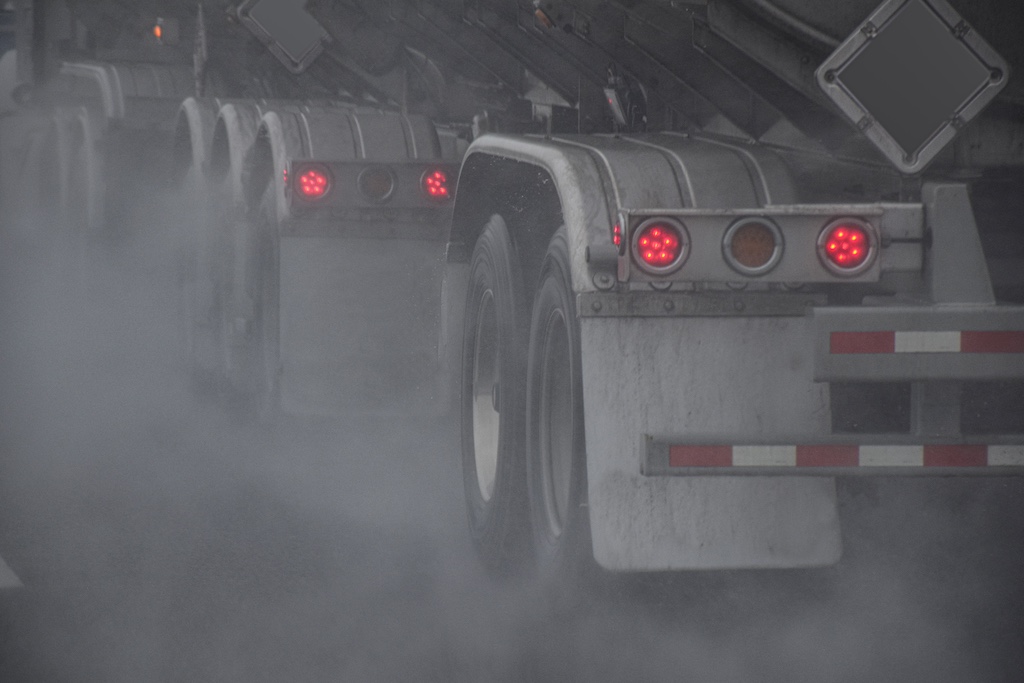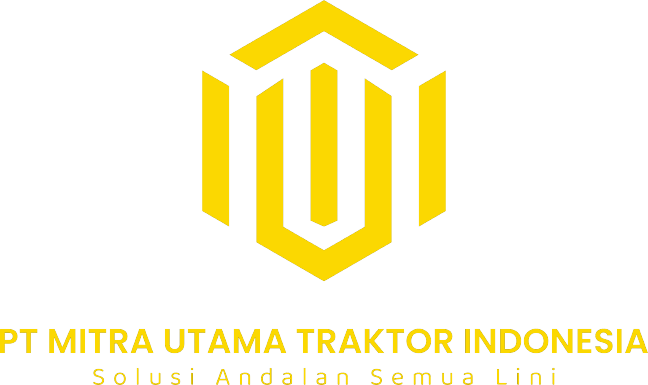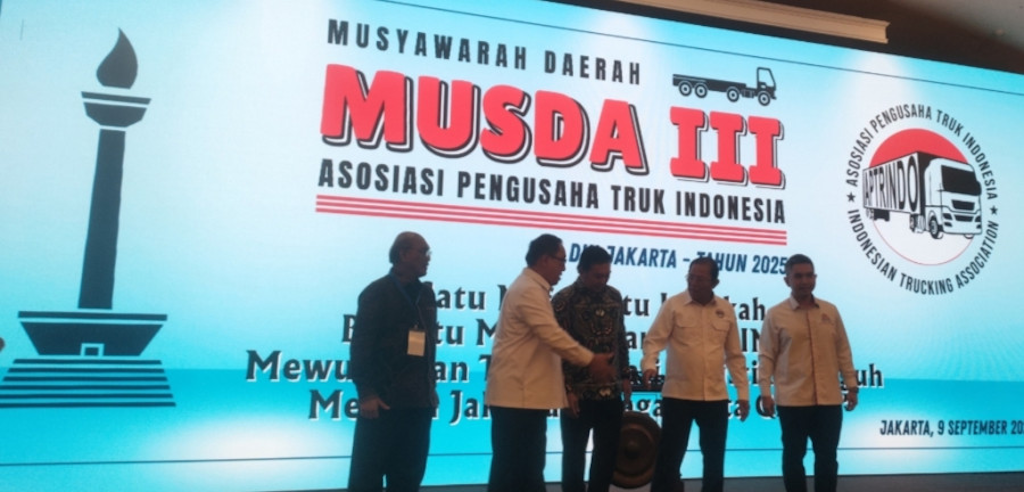Introduction
Environmental issues are increasingly in the spotlight as industrial and transportation activities continue to grow in Indonesia. One sector receiving special attention is logistics and transportation, which plays a vital role in distributing goods across the nation. However, behind its crucial role lies a major problem: the high level of exhaust emissions from vehicles currently operating on the roads.
The Indonesian Trucking Association (APTRINDO) revealed that many logistics fleets still rely on old vehicles that are no longer efficient. This condition not only worsens air pollution but also affects distribution performance and operational costs. To address this, APTRINDO has proposed a fleet renewal program as a strategic step to reduce emissions while improving the competitiveness of Indonesia’s logistics industry.
High Exhaust Emissions from Logistics Fleets
A significant portion of Indonesia’s logistics trucks have been operating for more than 10 to 15 years. The older the vehicle, the lower its engine efficiency, which results in higher fuel consumption and increased exhaust emissions.
APTRINDO believes this issue cannot be ignored, as it directly impacts air quality and public health. Moreover, older fleets come with greater risks of accidents and higher maintenance costs for trucking businesses.
In the context of global efforts to reduce carbon emissions, Indonesia must take concrete action to ensure its logistics sector keeps up with international standards.
Fleet Renewal to Improve Efficiency and Sustainability
The main solution proposed by APTRINDO is a logistics fleet renewal program implemented in stages. By replacing outdated vehicles with modern trucks that are more efficient and environmentally friendly, exhaust emissions can be significantly reduced.
Modern trucks today are equipped with low-emission engine technology and are capable of running on alternative fuels such as biodiesel and natural gas. This aligns with government initiatives to accelerate the transition toward cleaner energy.
Beyond lowering pollution, fleet renewal would also improve the reliability of logistics operations. New fleets are more fuel-efficient, require less maintenance, and offer greater comfort and safety on the road.

https://elements.envato.com/wheels-of-tractor-trailer-driving-on-a-highway-dur-RFARQ6Y
Positive Impacts on the Logistics Industry and the Economy
Fleet renewal would not only benefit the environment but also generate significant value for the logistics industry and the national economy. With newer, more efficient vehicles, trucking companies could reduce operational costs, making distribution prices more competitive.
Logistics efficiency would strengthen the competitiveness of local products, especially for export markets. At the same time, Indonesia’s automotive industry would benefit from higher demand for logistics vehicles, creating new job opportunities in related sectors.
On a broader scale, fleet renewal supports Indonesia’s commitment to carbon emission reduction, in line with its Net Zero Emission 2060 target. This initiative proves that APTRINDO’s proposal is not just a short-term solution but also a sustainability strategy that will strengthen Indonesia’s position in the global green economy.
Conclusion
The high exhaust emissions from aging logistics fleets in Indonesia present a serious challenge that requires immediate action. APTRINDO’s proposal for fleet renewal offers a concrete solution to reduce pollution, enhance distribution efficiency, and drive national economic growth.
With government support and collaboration across the industry, fleet renewal is not merely an option but an urgent necessity to establish a modern, efficient, and environmentally friendly logistics system. In the long run, this initiative will deliver wide-ranging benefits for the environment, businesses, and the Indonesian people as a whole.
Read other Articles: Understanding Emission Standards & Global Regulations on Exhaust Gases





